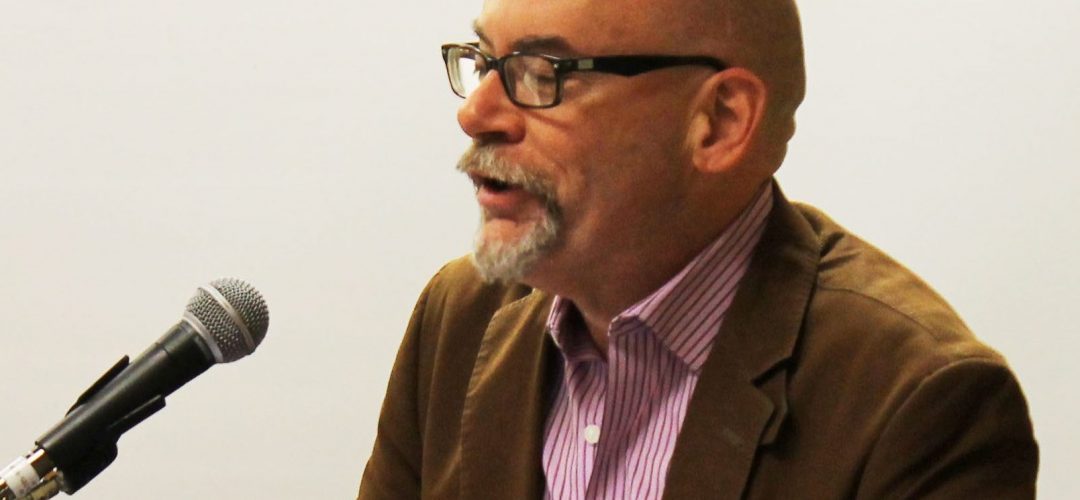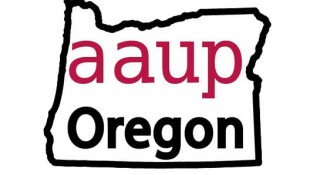President’s Column: We are a National Force

Member-leaders representing AAUP chapters from colleges and universities across the United States converged in Washington, D.C., June 15-19, for a rich, productive, and at times even inspiring Annual Meeting, the largest, most representative, gathering of our professions in the country.
This month I would like to briefly describe what takes place at the Annual Meeting — a quick way to see how our local efforts are organized into a national force.
Our national AAUP is a sturdy tree trunk made up of three trunks that make up an inseparable braid:
- AAUP: Continues the century-old focus on developing policy statements and guidelines for the preservation of the faculty role in shared governance and the protection of academic freedom. Committees on Academic Freedom, Governance, the Status of Women, and many others, prepare reports, and conduct investigations of colleges and universities suspected of violating the rights of faculty and academic professionals. Several universities were put on the AAUP list of censured universities this year, and we celebrated the progress made by other universities that merited their removal from the censured list. This branch of our national organization also supports AAUP “advocacy” chapters, which is what we call AAUP university chapters where, in spite of not having collective bargaining rights, faculty and academic professionals organize a voice. Oregon State University, Willamette University, and Linfield College in Oregon all have active advocacy chapters.
- AAUP-CBC (CBC stands for Collective Bargaining Congress): This branch of AAUP promotes the use of rights under collective bargaining law to strengthen shared governance and promote equity. This work entails supporting existing AAUP-affiliated unions, like the chapters at UO and PSU; and supporting new campaigns of academics seeking to form a union, like the Graduate Employees Union at PSU (an AAUP collaboration with AFT) that gained recognition last month (Congratulations!). A legal staff interprets law for us, keeps us up to date on legal changes, and files amicus briefs on behalf of our profession in important court cases.
- AAUP-Foundation: Our foundation focuses on raising funds to support scholarships, legal defense, special projects, and awards to outstanding colleagues
Each of the three parts of this “braided trunk” is led by a governing board of elected member-leaders. At the Annual Meeting, these governing boards report to the delegates in attendance representing chapters from the whole country, and present policy proposals and action items for the delegates to debate and vote.
We have, moreover, the gathering of all state-level AAUP organizations (“state conferences,” we call them) into the Assembly of State Conferences (ASC). A primary, though not exclusive, focus of the ASC is to strengthen our state organizations, like our own AAUP-Oregon, to become effective advocates for quality higher education in state legislatures.
Finally, the AAUP Annual Meeting includes an academic conference where colleagues from all over the country present papers and research bearing on the health of higher education. In the wake of the upsurge of student concerns in the last year, AAUP made the wise decision to make racial equity and diversity at the university a central theme.


